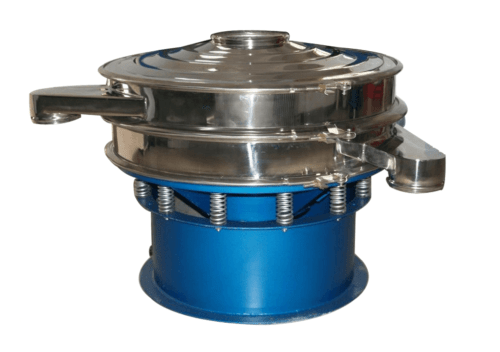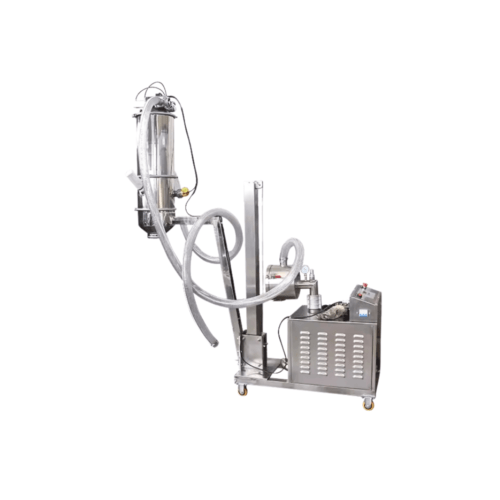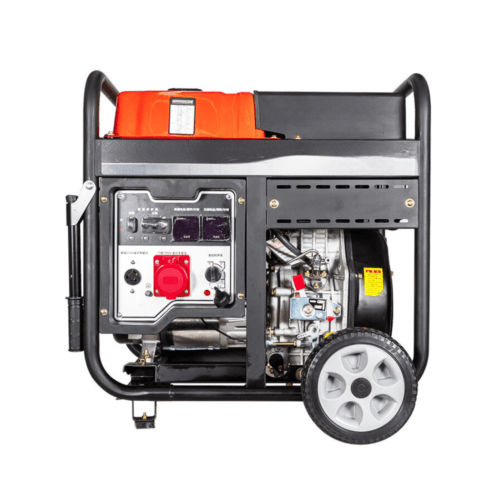When it comes to camping, the right generator can make all the difference in your outdoor experience. Whether you’re powering up essential devices, ensuring your campsite stays lit, or just enjoying the convenience of modern technology in the wild, understanding what kind of generator suits your needs is crucial. But it’s not just about power—portability and sustainability play key roles too. In this post, I’ll walk you through the essentials of generator power output, help you find the perfect portable option for easy transport, and explore eco-friendly choices that let you camp with a clear conscience. Ready to power up your next adventure? Let’s dive in!

Understanding Generator Power Output: What’s Right for Your Camping Needs?
When choosing a generator for camping, the power output is the first and most important factor to consider. It’s easy to get lost in the technical jargon, but understanding the basics can help you select the right generator for your specific camping needs. Generators are typically rated in watts, and knowing how many watts your devices require is crucial. For example, small electronics like smartphones and LED lights use minimal power, usually under 100 watts. However, larger appliances like portable refrigerators, electric stoves, or even air conditioning units can demand several hundred to a few thousand watts.
For a typical camping trip, a generator with a power output of 1,000 to 2,000 watts is usually sufficient for running essential devices like lights, charging stations, and small appliances. However, if you plan to power more substantial equipment, like an RV air conditioner or multiple appliances simultaneously, you’ll need a generator with a higher output, possibly 3,000 to 4,000 watts or more. It’s also important to consider the difference between running watts (continuous power) and surge watts (short bursts of extra power needed to start a device). Choosing a generator that matches your power needs ensures you have a reliable power source without overloading the generator, leading to potential damage or power outages during your trip.

Portability and Weight: Finding the Perfect Generator for Easy Transport
Portability is a critical factor when selecting a generator for camping, as you’ll need to move it from your vehicle to the campsite and potentially carry it over rough terrain. Generators come in various sizes and weights, and the key is to find a balance between power output and ease of transport. For many campers, a lightweight, compact generator is ideal, especially if you’re backpacking or hiking to your campsite. Portable generators designed specifically for camping often weigh between 30 to 50 pounds and come with convenient handles or wheels for easier mobility.
Inverter generators are a popular choice for camping due to their compact size, lightweight design, and efficient fuel consumption. These generators are typically quieter than traditional models, which is a significant advantage in a serene camping environment. When evaluating the portability of a generator, consider not only its weight but also its dimensions and the ease with which you can store it in your vehicle. Some models are designed to be stackable or come with additional accessories like carrying cases or covers, which can make transport and storage even more convenient. Ultimately, the goal is to choose a generator that provides the power you need without being a burden to move.

Eco-Friendly Generators: Sustainable Power Options for Green Camping
As awareness of environmental impact grows, many campers are looking for eco-friendly generator options that allow them to enjoy nature without harming it. Traditional generators can be noisy and emit significant amounts of carbon dioxide, which isn’t ideal in a natural setting. Fortunately, there are now more sustainable options available, designed to minimize environmental impact while still providing reliable power.
One of the most popular eco-friendly options is solar-powered generators. These generators use solar panels to convert sunlight into electricity, providing a clean, renewable power source. While solar generators typically offer lower power output compared to fuel-based generators, they are ideal for powering small devices and maintaining a quiet, pollution-free campsite. Another option is inverter generators, which are more fuel-efficient and emit fewer pollutants than traditional generators. Some models also have eco-modes that adjust the engine speed to match the power demand, reducing fuel consumption and emissions.
Additionally, hybrid generators, which combine solar and fuel-based power sources, offer a versatile and eco-conscious solution for campers who need more power but still want to reduce their environmental footprint. These generators can switch between fuel and solar power depending on availability, ensuring a continuous power supply while minimizing fuel use. Choosing an eco-friendly generator not only helps protect the environment but also aligns with the ethos of leaving no trace, ensuring that your camping experience is as sustainable as it is enjoyable.

Choosing the right generator for camping is essential to ensuring a comfortable and worry-free outdoor experience. Whether you’re focused on finding the perfect balance of power output, portability, or eco-friendly features, there’s a generator out there that fits your needs. By understanding your power requirements, prioritizing easy transport, and considering sustainable options, you can confidently select a generator that will keep you charged and connected in the great outdoors. The right generator will not only enhance your camping trips but also provide peace of mind, knowing you’re prepared for whatever nature throws your way.






